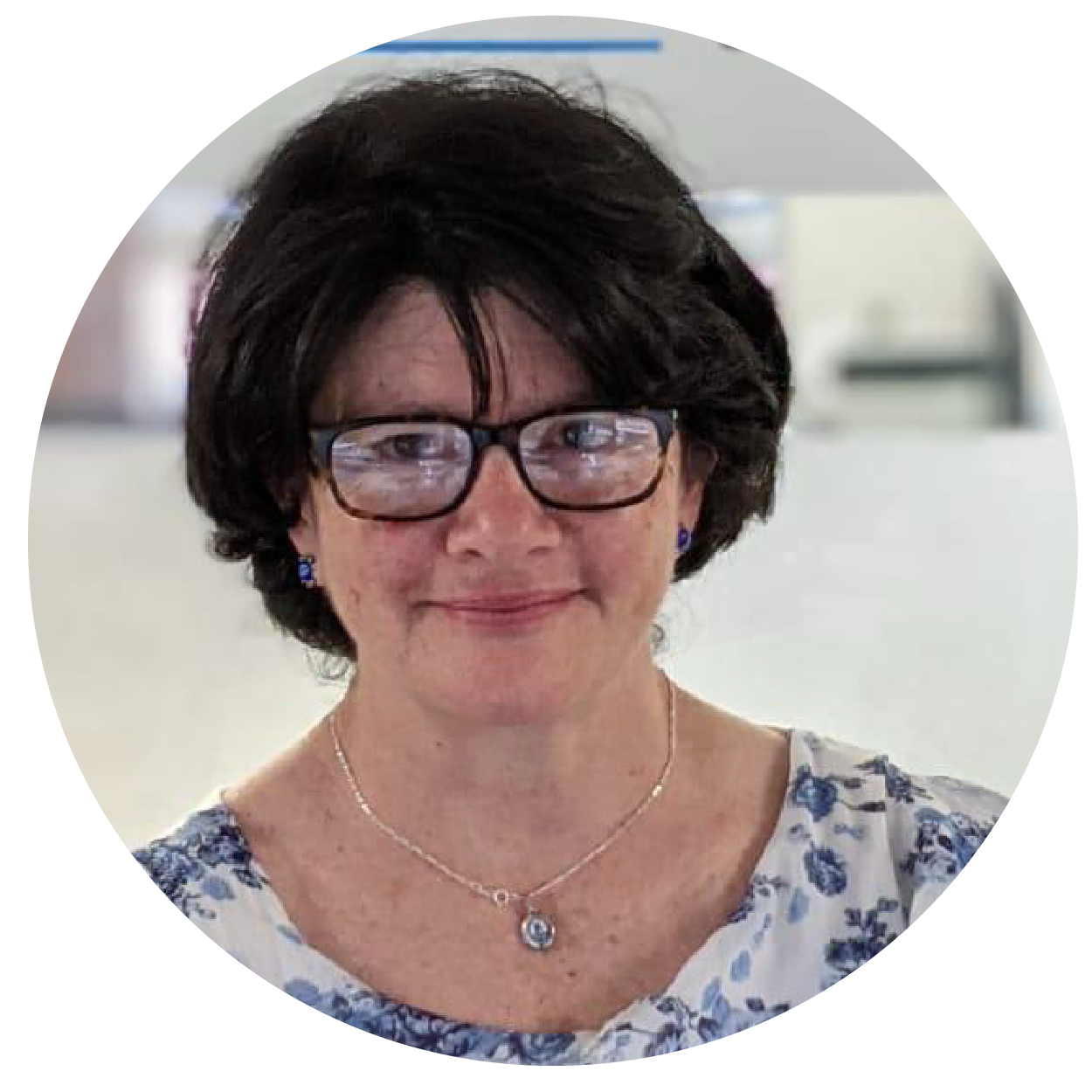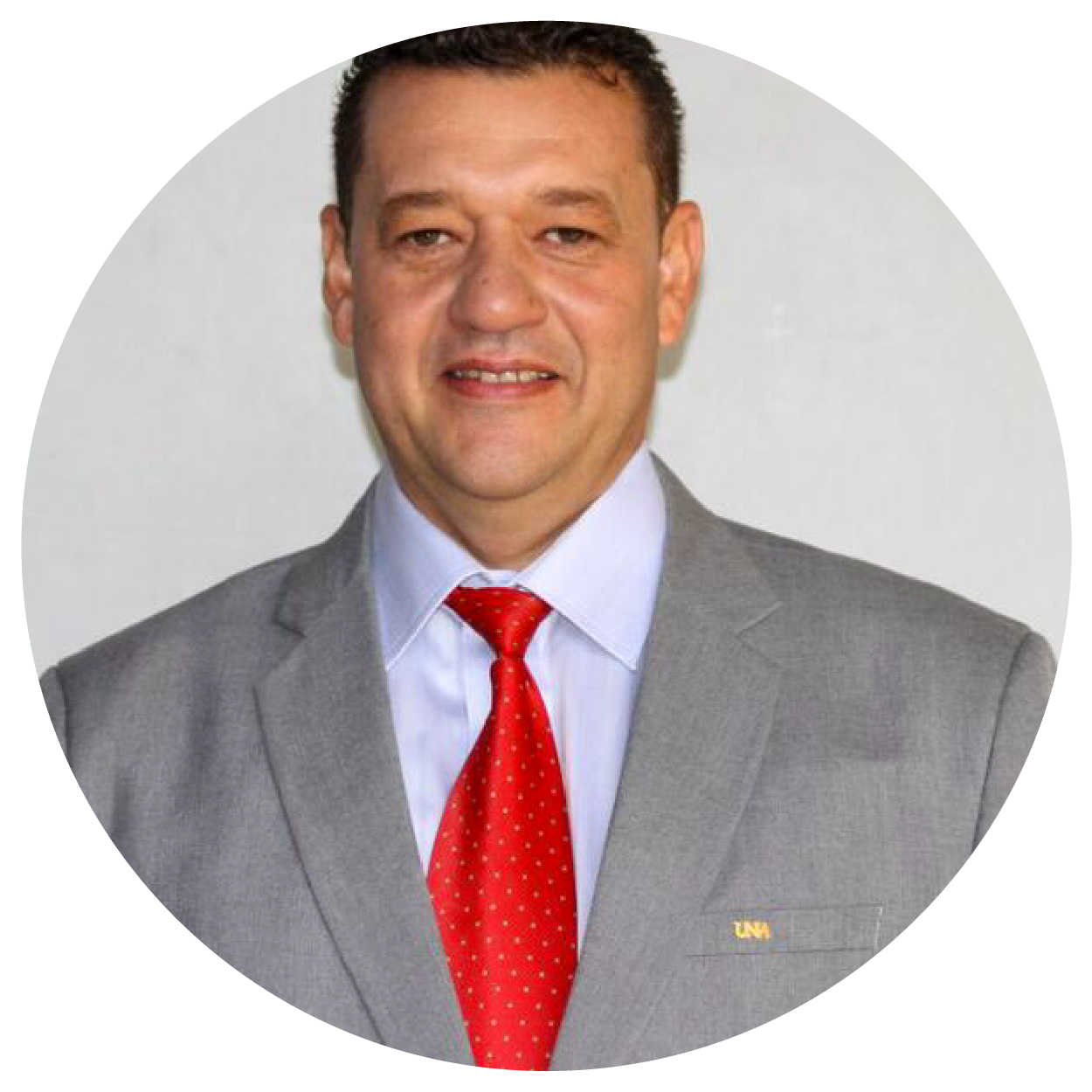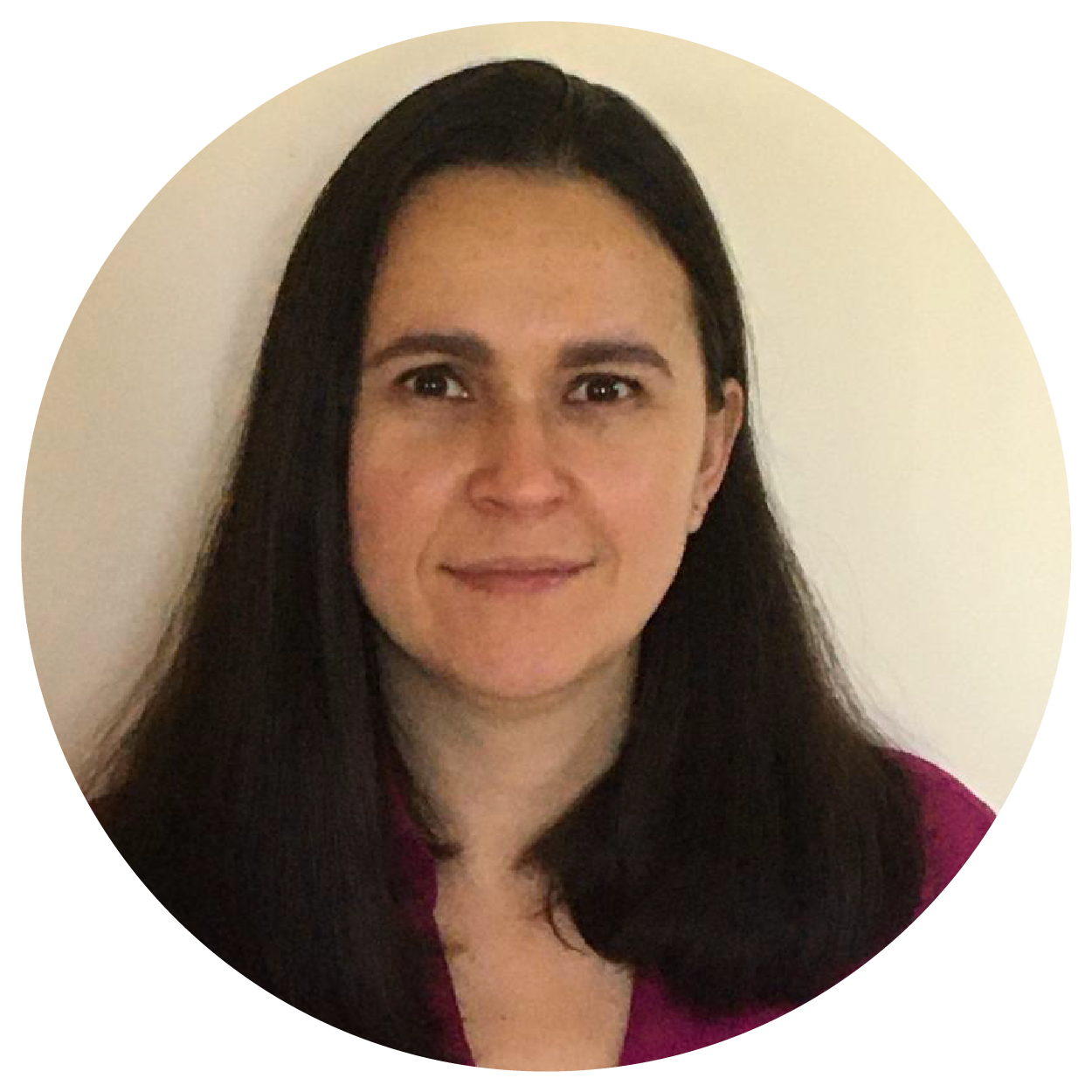The Democracy and Culture of Peace course seeks to contribute to the formation of an education for peace, conceived as the experience of human rights and therefore, the formation of societies and promoters who defend and respect them. For this reason, the course is oriented to study the different historical, social, political and cultural phenomena that gave rise to the conception of democracy from ancient times to the present day. In this course, the concepts and ideas developed by different cultures are known and analyzed, as well as a series of legal-political documents that have served as a reference to the modern construction of democracy, citizen participation and recognition of human rights as a cohesive element of our societies.
Likewise, it enables the collective construction of instruments for the negotiation and resolution of conflicts within the framework of a culture of peace. Conceived as an understanding that starts from the previous experiences of those who participate, which define in a good proportion, ideological positions with respect to the subject. It is an internal review that involves people's life stories and the necessary tools to take some steps towards strengthening a culture of peace.
Justification
We live in a world that has been undergoing profound economic, political, social, scientific-technical and cultural transformations that have modified the ways in which we currently organize and relate to human beings. Faced with this barrage of changes, it is necessary to rethink democracy as the ideal model of social and political organization in the current era and the relevance of continuing to build initiatives that lead to a more harmonious, more supportive and tolerant life, in the face of growing diversity that demands the recognition of their rights and, above all, the importance of living in societies that are increasingly inclusive and respectful of plurality.
The knowledge of democracy as a way of life and behavior within a society is also associated with the possibility of understanding that democracy requires maintaining certain principles and values that are forged and reproduced on a daily basis and that for this there must be minimum conditions of human coexistence where it is essential to promote and nurture a culture of peace, where conflicts arising between/among individuals, groups and institutions as a product of free thinking and daily interaction are resolved in an assertive and non-violent way.
General Objective
Explore from the exercise of education the different conceptions of what we currently understand by democracy, human rights and a culture of peace, so that it contributes to the construction of a more just, supportive, equitable society and committed to the search for social well-being.
Specific Objectives
- Recognize the foundations and historical and philosophical antecedents that sustain the different conceptions of democracy.
- Analyze the main changes that have occurred in the national and international scenarios regarding the construction of democracy, culture of peace and human rights.
- Propose strategies that help validate human rights and a culture of peace in the specific educational settings of the students participating in the course.
- Generate a collective construction of conflict resolution strategies, based on the student's own experiences.
- Promote the generation of awareness and critical-reflective attitude towards the exercise of democracy and a culture of peace, which leads to a more just, supportive, equitable society and committed to the search for social well-being.
MEMBERS:

Peter Große Prues
Doctor of Education (EdD)
University of Osnabrück. Germany.
Email: peter.grosse.prues@uni-osnabrueck.de

Peter Große Prues
Doctor of Education (EdD)
University of Osnabrück. Germany.
Email: peter.grosse.prues@uni-osnabrueck.de

Kattya Arroyo Guerra
Master of Philosophy Teaching
Institute for Research in Education. University of Costa Rica.
Email: kattya.arroyo@gmail.com

Kattya Arroyo Guerra
Master of Philosophy Teaching
Institute for Research in Education. University of Costa Rica.
Email: kattya.arroyo@gmail.com

José Solano Alpízar
Doctor of Human Sciences with a mention in Discourse and Culture
Center for General Studies / Center for Research and Teaching in Education. National University.
Email: josesolanoalpizar@gmail.com

José Solano Alpízar
Doctor of Human Sciences with a mention in Discourse and Culture
Center for General Studies / Center for Research and Teaching in Education. National University.
Email: josesolanoalpizar@gmail.com

Roberto Rojas Benavides
Doctor of Education (EdD) with a specialty in Pedagogical Mediation.
Center for General Studies. National University.
Email: roberto.rojas.benavides@una.cr

Roberto Rojas Benavides
Doctor of Education (EdD) with a specialty in Pedagogical Mediation.
Center for General Studies. National University.
Email: roberto.rojas.benavides@una.cr

María de los Ángeles Sancho Ugalde
Master of Linguistics
Center for General Studies. National University.
Email: maria.sancho.ugalde@una.cr

María de los Ángeles Sancho Ugalde
Master of Linguistics
Center for General Studies. National University.
Email: maria.sancho.ugalde@una.cr















